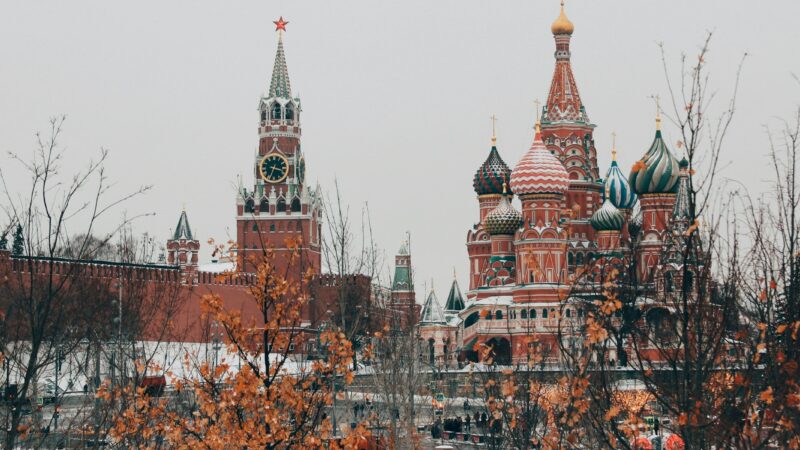Methadone has been used to treat heroin (diamorphine) addiction since the 1950’s, but its use has massively increased in the 1990’s. Methadone is a man-made opiate (opioid), which is similar to heroin, and therefore it can be used as a substitute which can be gradually withdrawn, easing the symptoms of heroin withdrawal and, theoretically, making the transition to a clean life easier.
This is not, however, the reality. In order to be an effective substitute, methadone has to be very chemically similar to heroin, meaning that, in the short term, it has very similar effects. What’s more, as a prescribed drug from NHS clinics, methadone is free to the consumer, who, for 23 and a half hours a day, is free to roam the streets.
Given these two facts combined, I am sure you can guess what the outcome of this has been. Addicts turn themselves in to the drug services (for which they can face no criminal action), gain a high dose of methadone from the well-meaning staff at the drug service, and simply top it up with a reduced dose of heroin; thus saving themselves a few quid. This is not my cynical prediction, but was evident from research undertaken by Radcliffe et al, produced by interviewing 23 using mothers and relevant professionals about their experiences and observations with the drug services.
This demonstrates a major problem with the way that our addiction services are run. I accept the notion that addicts with a genuine desire to get clean, atone for their sins, and contribute to society should be supported in doing so, but this has to be subject to a more rigorous test than simply saying so.
Given Radcliffe’s findings about the revolving-door nature of our drug services, it is also not unreasonable to suggest that there should be a limit to how many chances someone is given to turn their life around. The other problem with this system is that, while there are guidelines in place for drug services staff, there is no strong requirement that the period for which methadone is prescribed be limited, and that over this period the dose be reduced as is medically desirable. This leaves drug services staff, who often have come to know their patients well, to simply use their discretion on how much state-sanctioned heroin should be prescribed.
Whatever one’s ideological preferences on how this issue is handled, it is clear that this policy simply is not working. Drug-related deaths are increasing, our prisons are dirtier than ever, and more lives are being ruined by drug use; both individual lives and those of their families.
One option is simply to end the methadone programme altogether, and have those who declare a desire to get clean (which is then ratified by professionals) placed into a rehab facility similar to those for alcoholics, where they have no access to any drugs of any kind.
Heroin, however, is an altogether different beast from alcohol. The effects of withdrawal are so extreme, and one’s tolerance diminishes so quickly, that people often relapse simply to ease the symptoms, and in doing so can fatally overdose, as even within 48 hours their tolerance has diminished. While the physical symptoms of withdrawal are usually over within 10 days, the psychological aspects last a lifetime. When coming off heroin, people will realise what the effects of it have been on their lives. In many cases they will have burned their bridges with family, lost any productive friendship networks and had their lives dominated by fellow users, and will have few employment prospects. These are scars that last a lifetime, and there are doubts over whether peer support networks are actually as effective as advocates would like us to believe.
This leaves serious questions about how relapse can be prevented without putting a serious strain on the public purse. While temporary institutionalisation during the period of physical relapse is viable, and probably a worthwhile investment (if only in reducing the demand for drugs), a lifetime of holistic support is not. This issue also opens bigger questions.
While in theory all adults have the agency to make decisions about their lives and face the consequences of these, the notion of agency becomes very fuzzy when dealing with people who are physically incapacitated after 24 hours of heroin withdrawal. The current legal threshold for institutionalisation under the Mental Health Act is very high, with the need to demonstrate that the individual concerned is a threat to the public before they can be removed from the streets. This means that, legally, despite admitting to heroin use (with the accompanying loss in the ability to make sound judgements), the state still has to treat addicts as competent adults, despite this being clearly not the case. This leaves the state, and of course all of us as taxpayers, open to exploitation by a selfish few trying to exploit a programme meant to help people improve their lives to top up their daily fix.
What is obvious to me is that a sorting process is required. Rather than the drug services staff making arbitrary judgements about what doses are required in a manner akin to the Harry Potter sorting hat, they need to first be given guidance on how to determine who has the serious intention of getting clean, and who is simply trying to exploit the system.
Allowing methadone out onto the streets means that the doses prescribed by drug centre staff are rendered meaningless as addicts will simply top up with extra bought from the streets, which means that those deemed to have the genuine desire and ability to get clean cannot be allowed to take methadone home with them. It must be taken under professional supervision.
I am not an addiction specialist. But as someone who has seen half of my family ruined by a small number of using individuals, I know that something has to change. We need to be able to talk about these issues honestly, not blinded by the politically correct notion of ‘compassion’ at the expense of families and communities devastated by drug use. I call on the government to urgently review the procedures for prescribing methadone and consult with specialists on the best way to determine people’s true intentions. Only then can progress be made in freeing Britain from the plight of drugs which has plagued her for 50 years.



